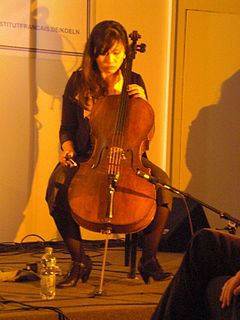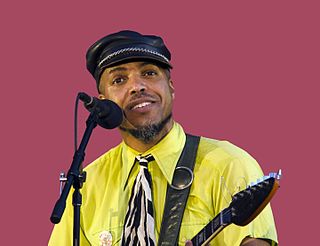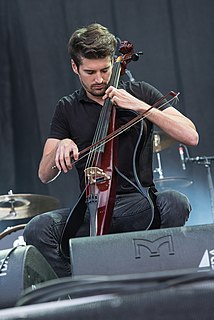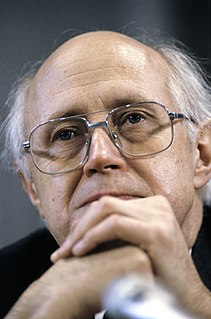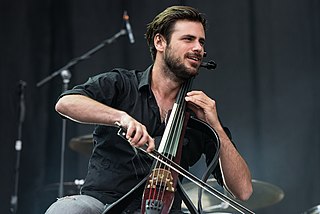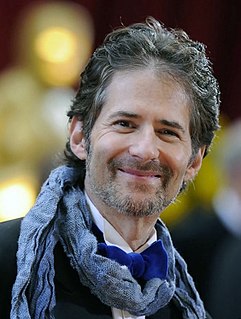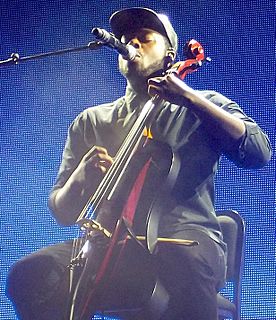A Quote by Beverly Cleary
I particularly enjoy cello music because our daughter plays the cello. I have listened to her practice for so many hours that I am familiar with the music written for that instrument. I am also fond of the popular music of the 1930s because my future husband and I danced to it so many Saturday nights when we were in college.
Related Quotes
It is against the spirit of our non-discriminating times to openly prefer one sort of music to another, so let's just say that hearing grand orchestral music in a public place is exhilarating in a way that hearing popular music never can be, if only because, in a popular music age, a full orchestra is less familiar to our ears.
Music was literally in the air at the time, the Vienna of 1780. Everybody played music, classical music. There were in fact so many musicians that in apartment buildings people had to come up with a schedule - you practice at 5 p.m., I'll practice at 6 p.m. That way the music didn't collide with one another.
I think I'll always feel a little in awe whenever I see someone in their 20s or 30s carrying a cello or violin case - because I know, if they're doing it professionally, how many years of practice have gone into being able to make music with them. And the sounds they can make just hit me very hard, and feel full of limitless complexity.
I lived in the Caribbean when I was a teenager, so I learned about Salsa and Cha-Cha and all these Latin Afro-Cuban music like Gillespie and Duke Ellington, also bridged with Jazz. But my mother is Greek, and so I've also listened a lot to Greek music. And through the years to Balcanic music to Arabic music because my father loved music from Egypt.
When you learn an instrument, it takes an awful lot of time to just learn the scales, and then eventually when you have completely mastered the instrument, the music plays for you. But you still have to keep practicing. And it takes an awful lot of practice. Nonetheless, if you diligently practice, hours and hours and hours and hours, you probably won't get it. You'll probably just end up hurting your fingers.

